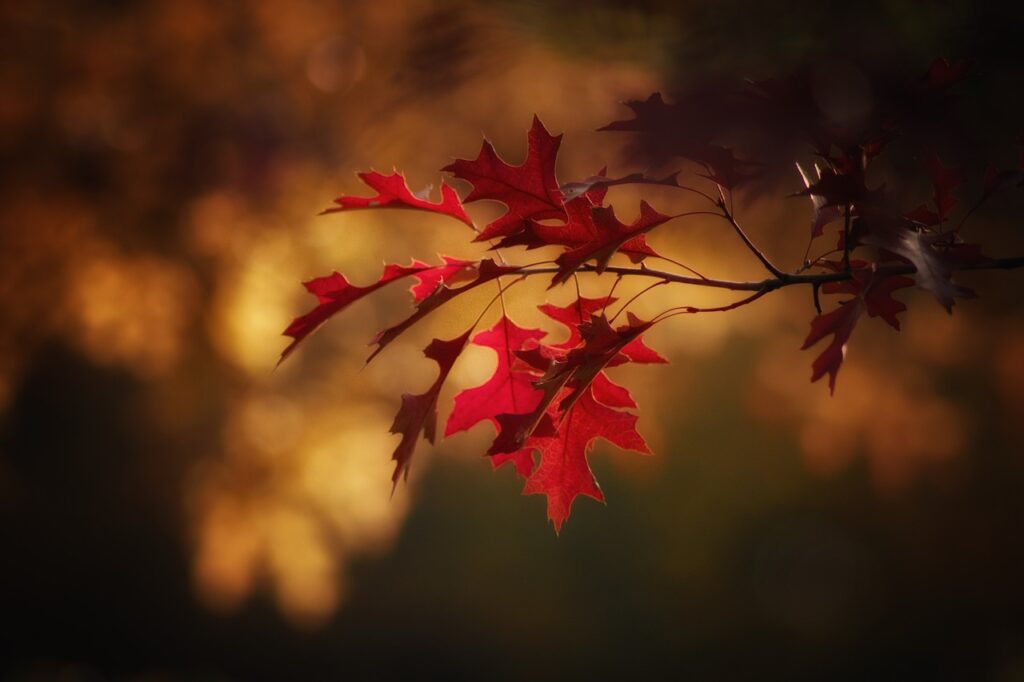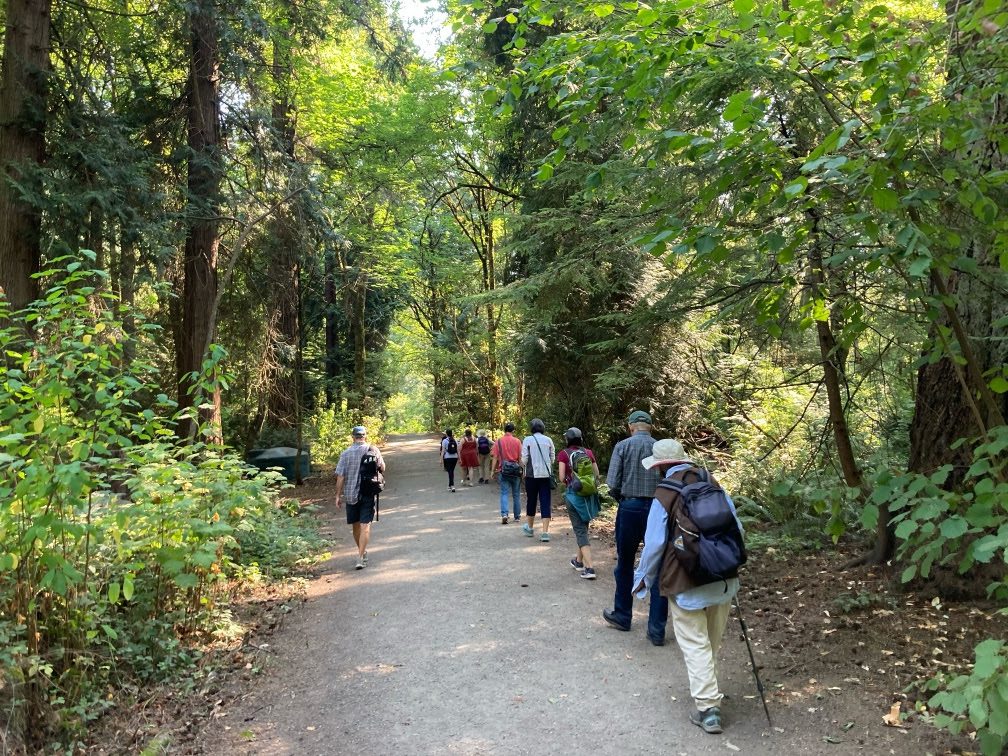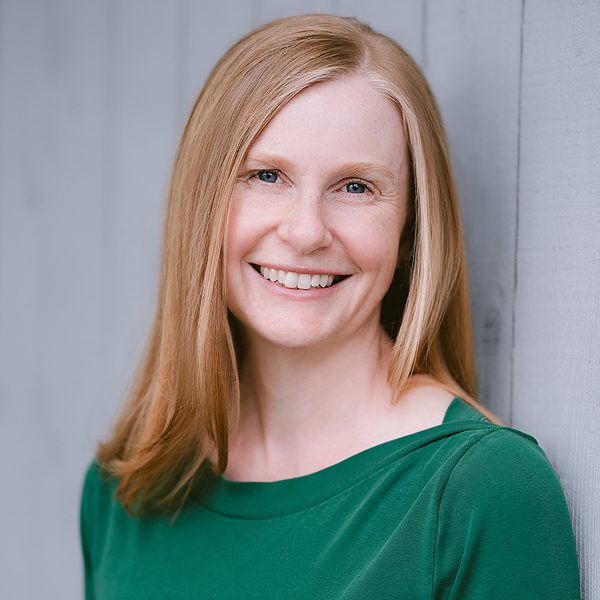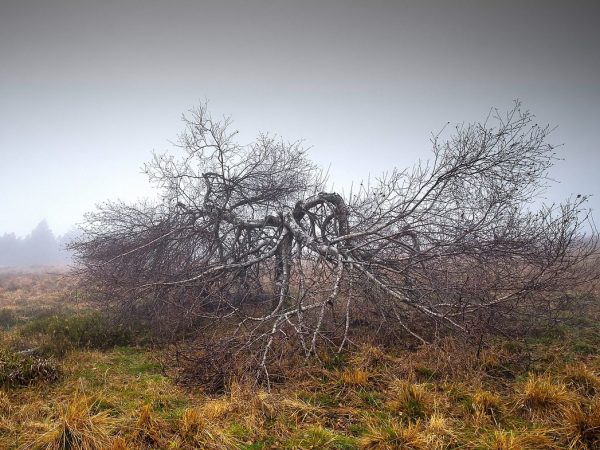When you think about the climate crisis, does your mind ever become flooded with helplessness, anger, or despair? Or have you noticed the tendency to tune out or feel numb when the issue comes up, even though you know that it’s worthy of our care? For the Seattle Insight Meditation Society (SIMS) Climate Action Group, sharing these kinds of thoughts and emotions—and the intention to attend to them kindly and to respond skillfully—brings them closer together.
Iris Antman, one of the founding members of the group, says, “We wanted to use Dharma practice as a ground to meet this crisis with appropriate actions and to share solace and comfort with each other.”
Jean Myers says, “It really is a space where you feel like you can be honest about your feelings. You can express your sadness and your grief and people will understand.” But she also says that, overall, “it’s not a downer group.”
Much like other kalyana mitta (“spiritual friend”) groups, the Climate Action Group gathers virtually once a month to check in about life and spiritual practice. But they also reflect on their experiences related to the climate crisis and plan and carry out activities they can do together. These have included coordinating a performing arts event to support Green Buildings Now, writing letters to elected officials, hosting an online speaker series, and reading Thich Nhat Hanh’s book Zen and the Art of Saving the Planet. The group is currently planning something fun and educational focused on the impacts of food systems on the environment.
We wanted to use Dharma practice as a ground to meet this crisis with appropriate actions and to share solace and comfort with each other.
Rather than becoming overwhelmed and turning away, we remain committed to sharing the responsibility, understanding our hearts and minds, and connecting with one another.
Lauren Wilson, a SIMS Local Dharma Leader, reminds us that the Buddha taught about right action, not right results. “I’m not much of an activist, but I want to do what I can,” she says. “The group keeps me informed about local, national, and international efforts and how I can support them.”
The group also provides a balance for members who are more involved with activism. Jean says, “Sometimes action groups can involve othering and expressions of hatred. I was always concerned about doing protests that became not in line with Buddhist values. So, I appreciate having a Buddhist lens on climate actions.”
Lauren says, “We try not to think of anyone as wrong. We are all connected and subject to conditioning.”

One way the group cultivates that sense of interdependence with all beings and nature is by hosting contemplative forest walks, opportunities to be nourished by the beauty and strength in nature.
Carol Geil says, “After the severe fires in California that destroyed the town of Paradise, they had some healing walks together. They would go out in nature and watch things being rejuvenated, and also have a chance to grieve … We thought, this is something we could do as well.”
The group acknowledges that their activities are drops in the bucket of what is needed to address climate change. However, rather than becoming overwhelmed and turning away, they remain committed to, as Iris says, “sharing the responsibility, understanding our hearts and minds, and connecting with one another.”
On a warm, sunny day this September, SIMS sangha members gathered in the shade of old growth trees at Seward Park. Carol closed the group’s silent forest walk by reading aloud from Thich Nhat Hanh’s “Conversation with a Fall Leaf”:
I asked the leaf whether it was scared because it was autumn and the other leaves were falling. The leaf told me, “No … When I go back to the soil, I will continue to nourish the tree. As I leave this branch and float to the ground, I will wave to the tree and tell her, ‘I will see you again very soon.’”
“We’re not separate from nature,” Carol says. “We are part of it.”
The SIMS Climate Action Group currently meets via Zoom on the second Tuesday evening of each month. They invite all to join. To participate or share your ideas about engaging with the climate crisis in alignment with Dharma practice, contact Iris at . Find more information about the group as well as ideas for individual practice on the SIMS website.
This article was originally published in the Fall 2023 Quarterly Newsletter of the SIMS Climate Action Group. It is reprinted here with permission.







